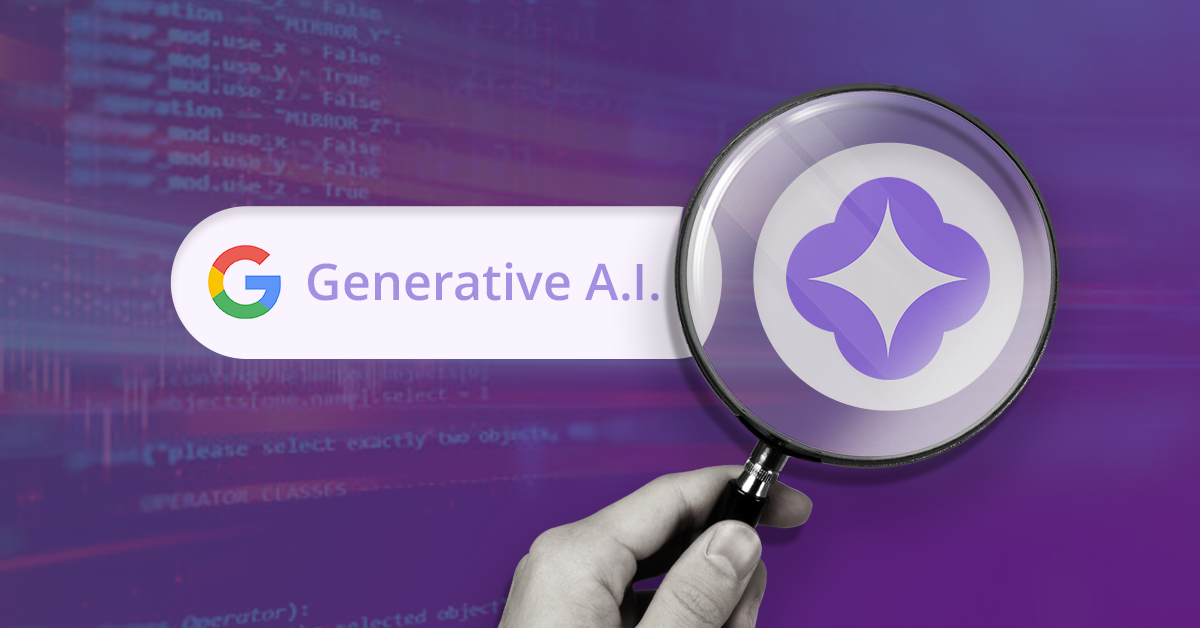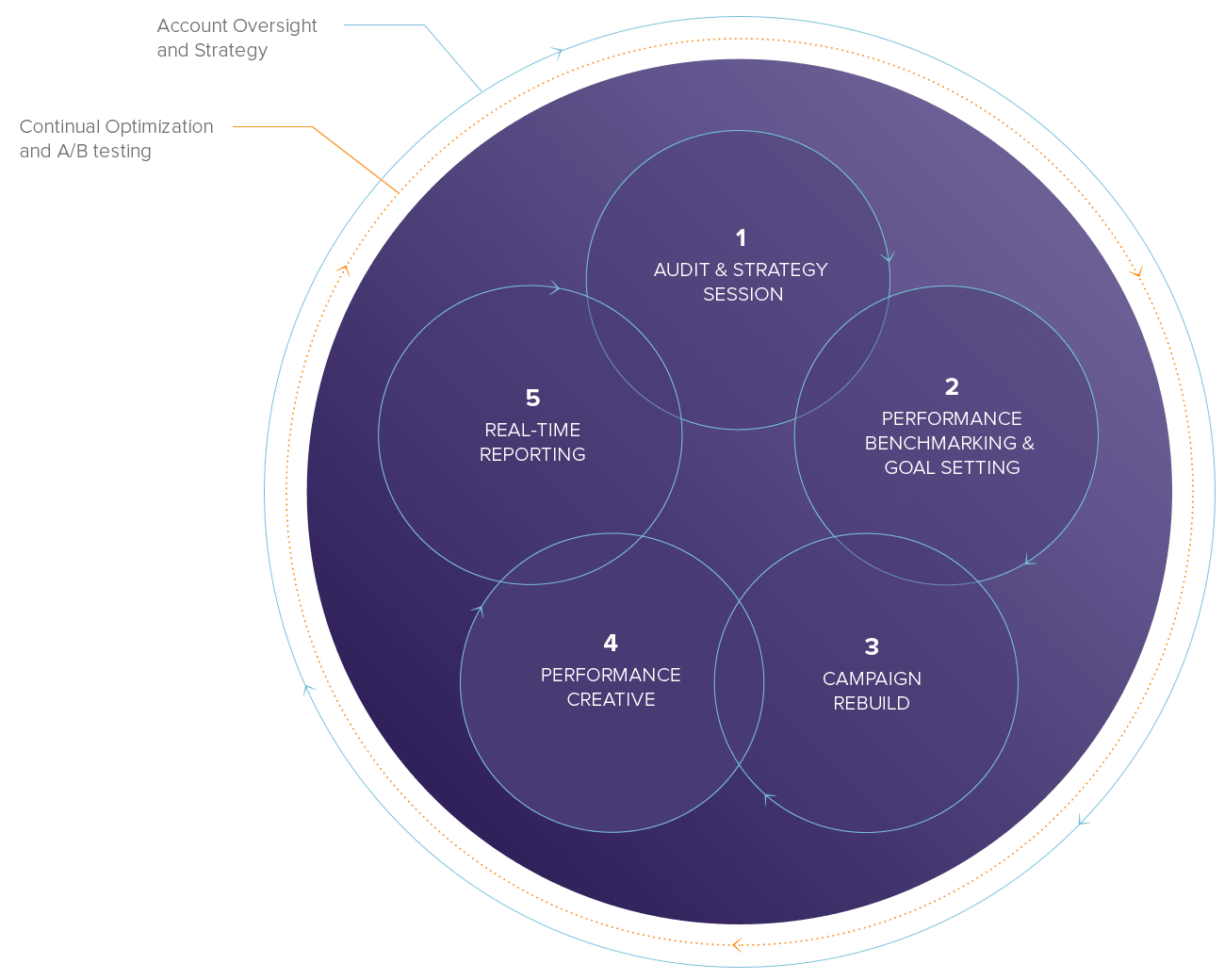Early Perspectives on Winners and Losers in Google’s new AI Search Results

At the latest Google I/O conference, Google announced and demonstrated the next generation of Google Search that now incorporates Artificial Intelligence. In a blog post titled “Supercharging Search with Generative AI” Google explains further how AI technology will be integrated into Google Search. If you follow the industry at all, you’ve probably already seen how this is going to work.
Basically, it looks like AI generated answers in “ChatGPT style” will be coming to organic Google results. Google’s competitor to ChatGPT, Google Bard, is now publicly available to everyone, and generally speaking is basically comparable to ChatGPT. In fact, some prefer Bard to ChatGPT as Bard has fresh current data and can run a Google search live. This AI generated content is being merged into search results, creating significant content changes to SERPS and also significant change to how users actually interact with search engine results.
The Impact for SEO and Publishers
Certainly a clear threat from Google’s AI Search is websites that publish content and rely on organic traffic from Google to make money. If AI replaces a considerable amount of reference content online, and in fact users prefer chatting for information rather than searching for it, we may see Google AI capture considerable reference traffic which is currently leading out to publishers.
Publishers and SEOs have been warning for years that over time, Google’s SERPS drive more and more traffic to internal Google products rather than out to publishers, and including Generative AI into SERPS is another step in this direction and potentially the biggest step yet. It seems clear at first glance, that information and reference materials publishers are the losers in this launch.
For one of the example informational searches with SGE (Search Generative Experience), the I/O demonstration showed three results with links popping up to the right of the AI results text. This is certainly an opportunity for SEO, albeit a very challenging.
The AI must get its information from somewhere, and it is going to be from publishers. So it will be one of the tasks of SEOs to get their site’s information into these ChatGPT-like results and hope it gets cited and sometimes clicked.
And there’s the question of trust. AI ‘hallucinates’, a term that means it’s making stuff up when it just doesn’t know the correct answer. It does this often enough to be a concern and may erode searchers’ confidence, potentially relegating AI to the same place as Ask Jeeves.
Shopping Ads Looks Like a Winner at First Glance
Google’ Ads & Commerce blog provided a separate view on how Ads will work with SGE. The examples provided are Shopping ecommerce results focused on a consumer searching for bikes.
This appears to be a place where Google and advertisers will win – it’s immediately clear that it will be easy to integrate Shopping ad units into Google AI content. Consumers asking purchase and product based questions will actually be happy to see relevant Shopping ads and the generative AI should actually be a good tool to slice and dice shopping units based on the consumer’s needs.
It seems like this can actually be a very useful tool that consumers will enjoy as the generative AI can answer questions, sort results, compare by price and so on. Google has a huge database of products to show and already a massive track record of aligning product data to user queries. SGE no doubt will align well with Google’s Performance Max campaigns as well and we assume PMAX will serve into SGE very well.
Local Discovery, both Paid and Organic, Looks Good
One of Google’s most important verticals is local business results, which have lots of Google products and features, both paid and organic. Similar to the Shopping outcomes, we’d imagine that Google AI will be a win for local business discovery. (Though the exact breakdown between paid and organic here is not known yet.)
Google SGE should actually be a very useful tool for consumers to find and compare local businesses, ask questions, and make a local shopping decision. If that activity happens within SGE, on a Google Business profile, or on a SMB website, is less important to the business owner as long as it creates an in-person transaction.
If Google SGE promotes more users choosing Google for local business searches, and SGE helps users find what they want faster and with more confidence, Google may be winning local search market share from platforms like Yelp, HomeAdvisor, and so on.
Clearly this also is going to show the importance of having AI – readable content about your business being well represented on Google properties. This of course today is just speculation, as Google’s new search experience is barely live for a handful of test users and we have limited data and insights into real performance. Nevertheless, advertisers and brands need to get ready as this appears to be the biggest change in SEM / SEO in many years. Get in touch with OpenMoves to discuss your AI strategy for Google Ads and SEO.












